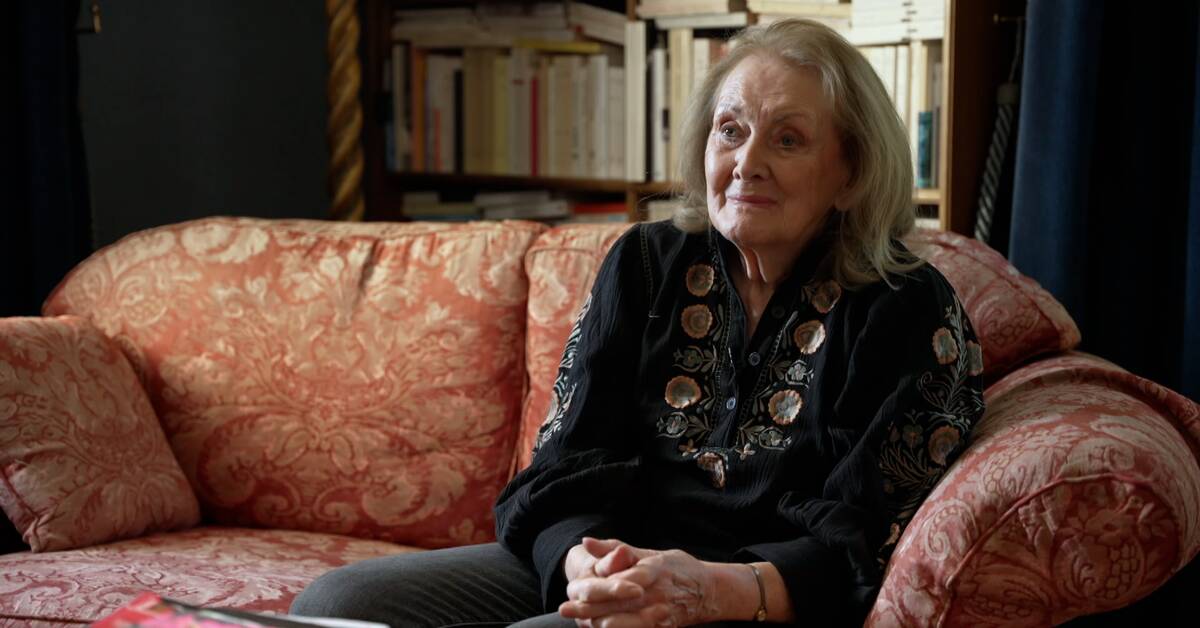When SVT's literature program Babel meets Annie Ernaux, two days have passed since she received the news, and a couple of weeks since Babel was at her home last.
It is a partially changed Ernaux we get to meet.
She is dignified, friendly and very happy about the confirmation she has received through the award, which has given her new authority.
But she is also humble.
- If I am asked, I will continue to fight for women's rights - there is still so far to equality with men, both in terms of sexuality, housework and professional life, says Annie Ernaux.
As a social debater, she will also fight for what she calls "a dignified life" for all people.
By that she means partly material security, partly the possibility of having visions of the future.
- This is extremely important.
And the foundations for this must be laid already at school, but right now the French school system is terribly unequal.
And not just the French, it applies to all of Europe.
To write is to understand
Both in her latest book "Le Jeune Homme" (The Young Man, not yet translated) and in previous books, Annie Ernaux writes about the experience that events in her life have not taken place until she has written about them.
- If I don't write about what I've been through, I lose it, then it hasn't happened.
But it's not about preserving something, but about understanding it.
- By isolating myself and starting the tangible writing, I reach further.
That's what writing is: making sense of the world.
See the entire interview with Annie Ernaux in tonight's Babel on SVT Play and SVT2. See also the previous at-home report in last week's Babel on SVT Play

